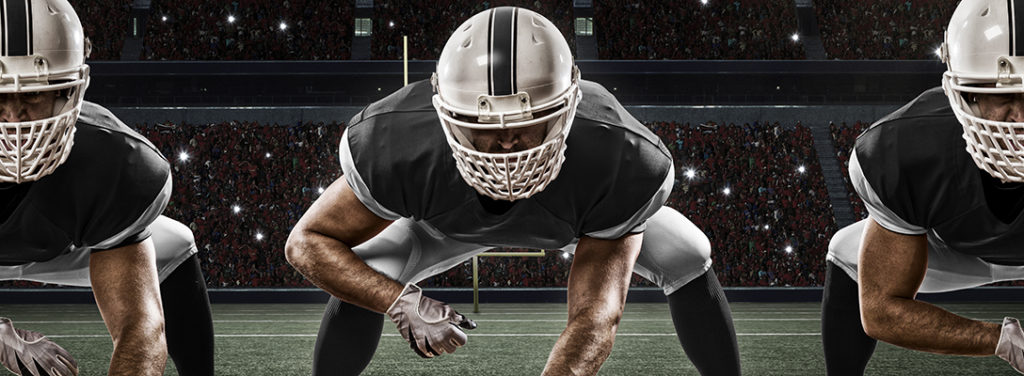
Key Factors for Bowl Game Bookmaking
College football bowl games have become a national pastime and typically generate a lot of interest from sports bettors. A number of factors can influence the point spread for bowls, creating an entirely new challenge for bookmakers relative to the regular reason. Here are five things we take a close look at when setting the lines and managing risk during bowl season here at Circa | Sports:
Coaching Changes
Every postseason, a handful of teams are affected by coaching changes; either their coach has been let go, or their coach has left for a bigger school. Both can have a negative impact on bowl prep and an adjustment is often made as a result. The biggest adjustments typically come when a young, on-the-rise head coach has taken a better job and won’t be around for the bowl.
Players Sitting Out
The trend of star players sitting out in preparation for the NFL Draft has just emerged in recent years. Bookmakers had to aggressively adjust last year when a couple of teams sat their star QBs. One of those teams was West Virginia who eventually got steamrolled by Syracuse in their bowl game. This will become increasingly popular with elite schools who have missed out on the playoff, such as Alabama and Georgia this year.
Conference Strength
Some teams can deceive bookmakers and the market by running roughshod through a weak conference during the regular season, only to struggle against a team from a better conference in the bowls. This is often the case for the Pac-12 and MAC, who haven’t performed well ATS in recent postseasons. Bookmakers must be quick to identify the teams that are over- and under-valued due to their conference and strength of schedule.
Motivation
While bowl games are often a rewarding experience for players and coaches, there are some instances where a disinterested team will no-show in their bowl game. Determining the teams that will give 100% effort is vital for bookmakers given the wide variance seen in bowl results. If a school is coming off a historical season and playing in a higher-level bowl than that of which they’re accustomed, motivation will likely be high. If a team has had an underwhelming year and gets shipped to a weak bowl relative to past years, the hunger might not be there.
Bowl History
How a team has fared in prior bowls is another factor that bookmakers may consider. Some teams and coaches have proven themselves to be consistently reliable bowl bets or fades; Miami (FL) has gone 1-8 in bowl games dating back to 2008, while Kyle Whittingham has gone 11-1 in his time with Utah. Other schools might have a wide variance of results in their bowl history but are eager to avenge a poor performance in their last bowl (or conversely, won’t be focused after an impressive prior showing). Bowl history can also play a big role in each fan base’s willingness to attend the game.
